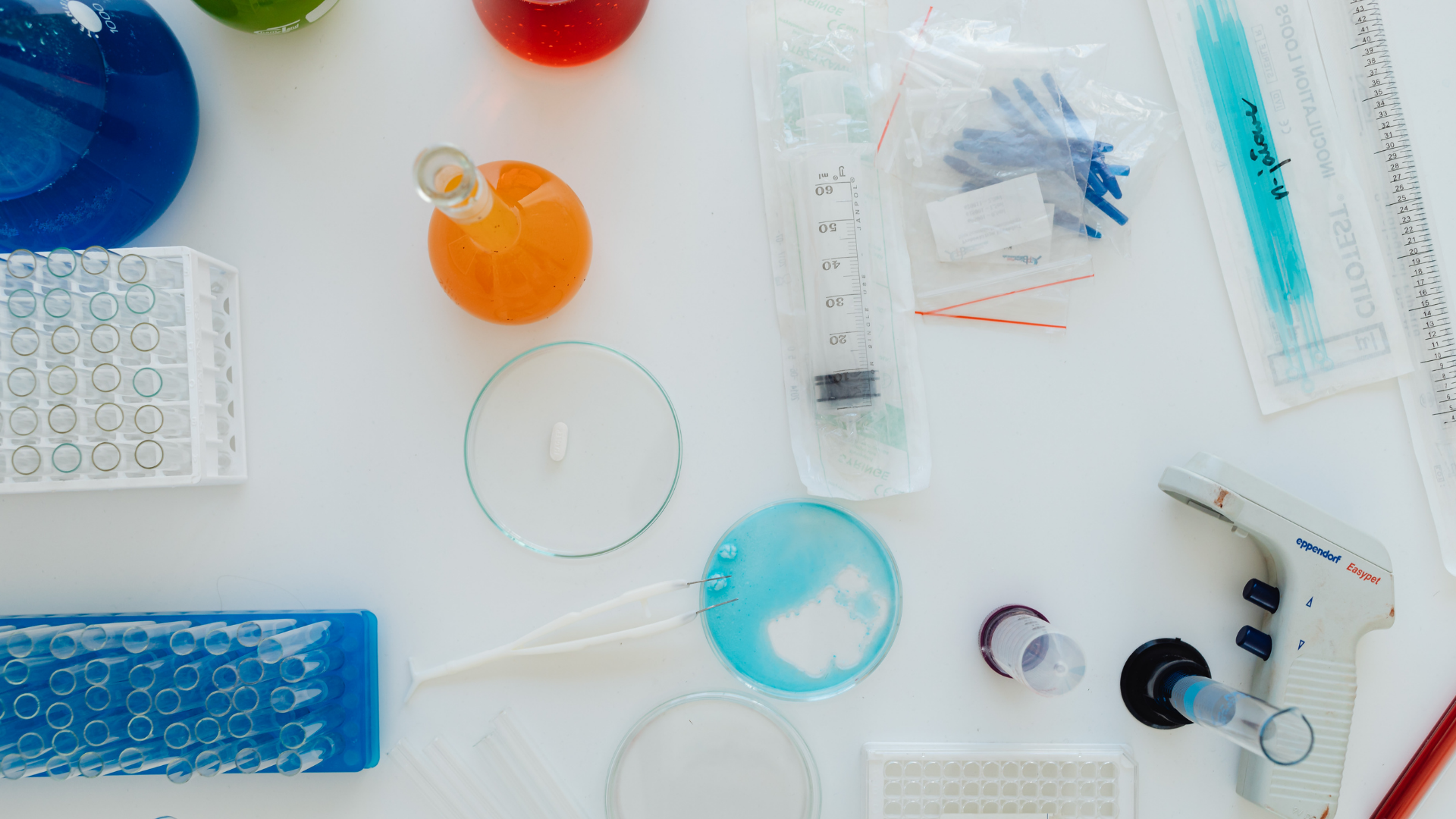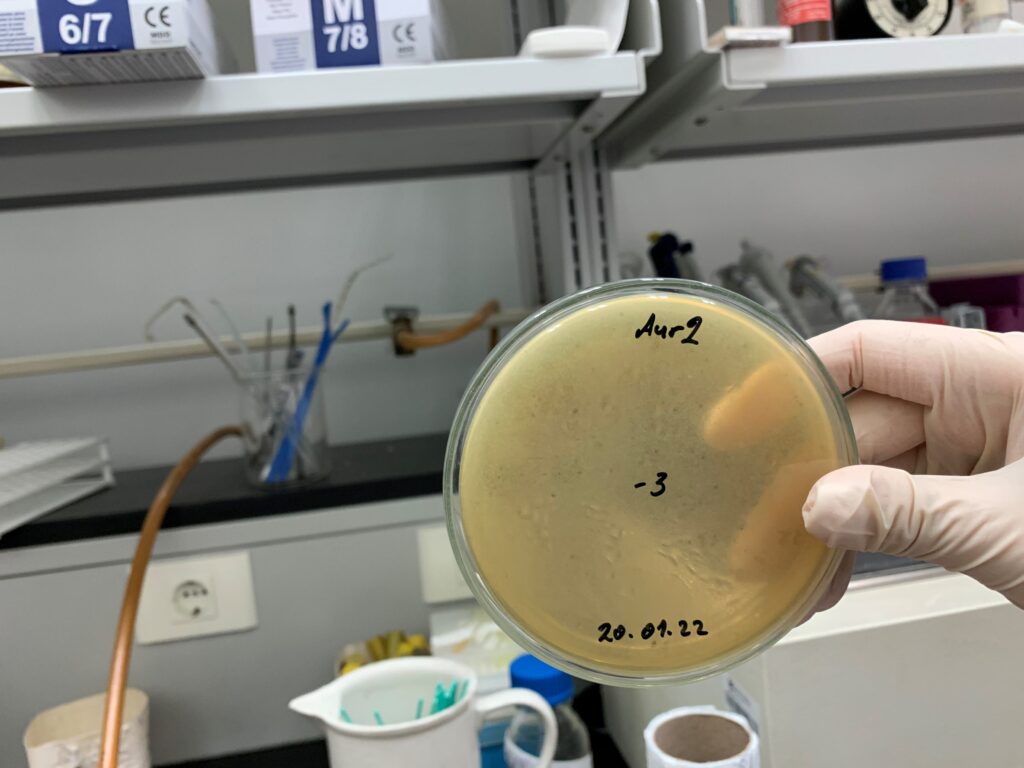Strengthening Laboratory Capacity in Georgia using a MALDI-TOF MS platform
Context
In recent years Georgia has increased its efforts to address AMR, in order to align with global guidelines and improve national capacity for surveillance and response. In 2017, the Government of Georgia approved the National Strategy 2016-2020 for Combating Antimicrobial Resistance (NAP). Other key achievements include the establishment of the National Coordinating Center, the National Antimicrobial Committee, National Reference Laboratory and the National AMR Committee. In 2016, Georgia joined the Central Asian and European Surveillance of Antimicrobial Resistance (CAESAR) network and the Global Antimicrobial Resistance Surveillance System (GLASS), and has since been reporting AMR data.
Problem
In Georgia, the implementation of a national AMR surveillance system based on routine antibiotic susceptibility testing (AST) is limited by the underutilization of microbiological diagnostics in routine clinical practice. Reasons for this include structural health systems barriers to access the necessary diagnostic and laboratory capacity, limited capacity to conduct high-quality, time-sensitive microbiological diagnostics, and uncertainty among clinicians regarding the utility of blood culture diagnostics as a tool to guide treatment decisions. While significant progress has been made, there is a continued need to implement measures to improve diagnostic stewardship. Identification of organisms is currently done using traditional phenotypic methods which can be time-consuming, labour intensive, and can delay appropriate use of antimicrobials.
Project overview
This project proposes to establish timely and accurate identification of organisms using a Maldi-Tof platform, which can improve the quality and timeliness of organism identification as well as introducing the rapid antimicrobial susceptibility testing system (RAST) which can provide same day AST results leading to a possible optimization of antimicrobial prescriptions in healthcare settings. Improving the quality of diagnostic testing in microbiology laboratories will provide more reliable data for surveillance as well as for diagnostic stewardship, and can support clinical decision-making.
Introduction of faster methods for identification and AST results may help to provide targeted antibiotic treatment, reduce broad spectrum antibiotic therapy, improve clinical outcomes and reduce mortality. Timely identification by appropriate laboratory analysis and prompt feedback of results can help speed up the response to newly emerging resistant strains preventing their spread in healthcare facilities. Systematic collection of data on susceptibility and resistance patterns can be used to develop or change existing clinical guidelines on antimicrobial use and empirical therapy.
Outcomes
- Staff trained on MALDI-TOF MS and AST at Lugar Centre and SLA
- Use of MALDI-TOF MS integrated into diagnostic testing for reference functions for human and animal health in Georgia
- Clinical guidelines updated to reflect results from susceptibility testing
- Accreditation of both SLA and NCDC in use of MALDI-TOF MS
Results
The Maldi Tof was installed in October 2023. Staff at NCDC have been trained on its use; additional training will follow for staff from NCDC and SLA in March 2024. Preliminary use of the Maldi Tof has already shown many benefits including decreased turnaround time from up to 6 days to 2-3 days, reduced cost of testing from up to 30 GEL to 6 GEL, and improved accuracy of species identification.
Facts
Region: Europe
Sector: Humans
Country: Georgia
Type: Supporting activity
Country partners: National Center for Disease Control (NCDC), Georgia; State Laboratory of Agriculture (SLA), Georgia; Clinical Microbiology Laboratory, Sweden
Timescale: 1st February 2022 - 31st January 2024
ICARS funding: 331, 203 USD
ICARS Science Team

Resources
Share
Share this project on socials



